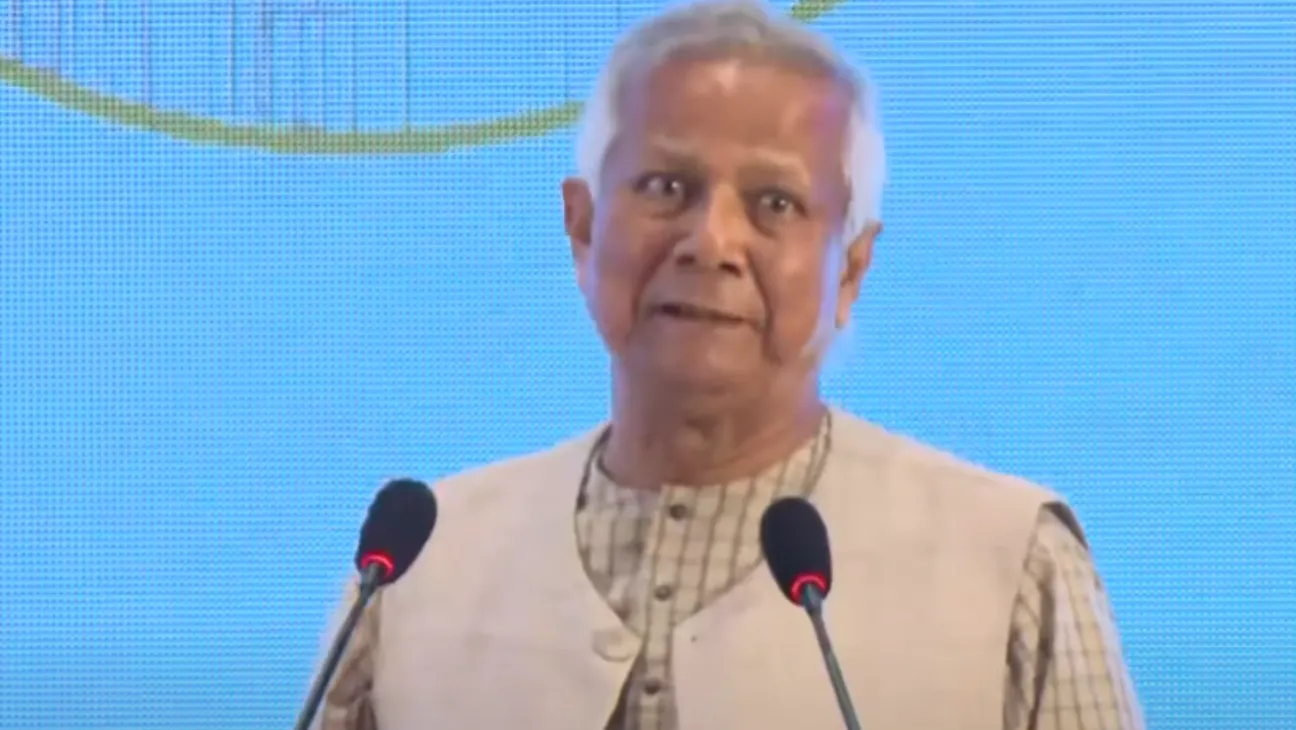Chief Adviser Professor Dr. Muhammad Yunus says the International Crimes Tribunal is operating without bias. He also pledged that the caretaker government will keep the justice process free from political influence.
He made the remarks on Sunday at a seminar on “Judicial Independence and Competence” at Dhaka’s InterContinental Hotel.
Yunus criticizes past governments, emphasizes reform
The adviser said past administrations used the judiciary to serve their own interests. He claimed the current interim setup has no such intention.
“Our government is fully committed to keeping the judicial process independent and fair,” Yunus told the audience. “The International Crimes Tribunal is carrying out its responsibilities neutrally.”
He said this is not just a matter of policy. It is now a matter of national consensus.
July uprising and public anger over past injustice
Yunus pointed to the July uprising and the mass killings that followed as events that deeply shook the nation.
He said these tragedies pushed people to raise their voices against injustice. According to him, the demand for accountability has never been stronger.
“The July massacre united the country,” he said. “People are no longer silent.”
Reforms identified as key goal for interim government
Yunus said many judicial reforms remained incomplete over the last five decades. Now, the government aims to close those gaps.
“The July uprising created the momentum we needed,” he said. “Completing these reforms is now our top priority.”
He did not offer a detailed roadmap. Still, his speech suggested that institutional reform—long stalled—is back on the table.
The seminar included legal professionals, judges, and policy observers. Some praised the speech for acknowledging long-standing concerns.
Others, though, said they would wait to see whether these words turn into real policy changes.
For now, Yunus is asking the public to believe that the courts will no longer be tools of politics. Whether the reforms come fast—or come at all—remains to be seen.









